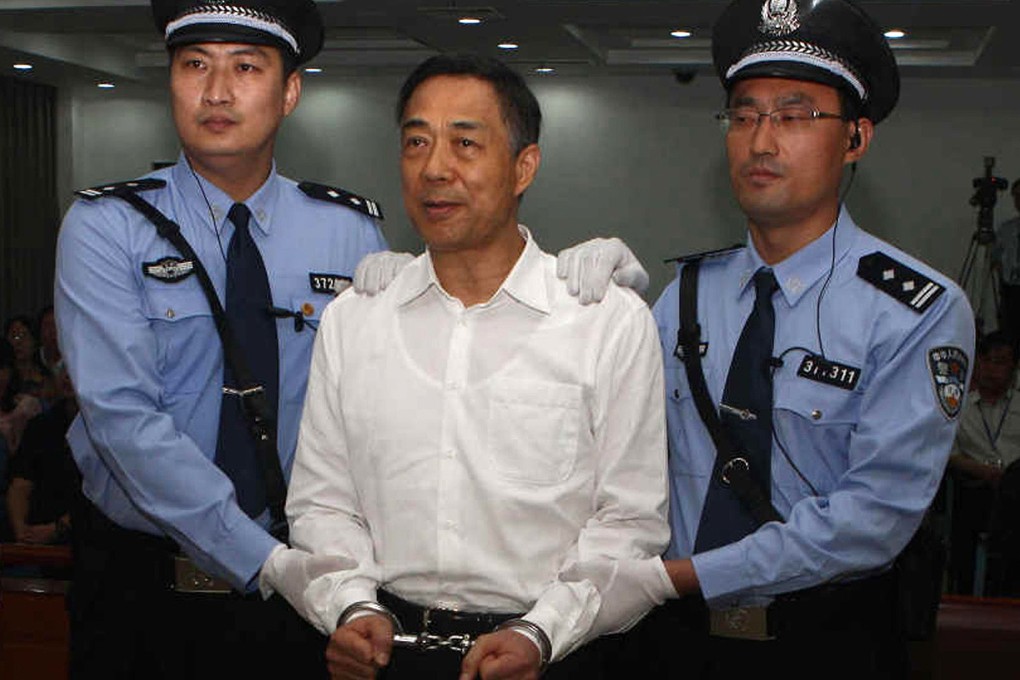After Bo Xilai, corruption as usual
Zhiwu Chen says that, on its own, the high-profile punishment of errant officials won't serve the larger fight against corruption; institutional changes are needed to ensure abuse of power is less lucrative and its costs are much higher

One cannot open a Chinese newspaper these days without seeing a story about corrupt officials being hauled up. Is it, then, the beginning of the cleansing process promised by President Xi Jinping ? It sure is. China's new leadership is speeding up efforts to crack down on corruption, the most prominent example being the recent life sentence for Bo Xilai. But chances are that corruption will continue unless China first undertakes key reforms to reduce private benefits from corruption and increase the perceived costs.
In recent decades, it has become almost routine. Each new administration starts off with a political anti-corruption campaign but without the constitutional reforms to check official power. Other than taking out a few in opposing political factions, these campaigns mostly served to make corruption worse. This time can be different, but several reforms are a prerequisite.
First, China must curb the rewards from corruption, which have grown tremendously, making it hard to resist. To put this in perspective, we should note that, during the Qing dynasty, government revenue was low; for example, during the mid-18th century, the government took in about 50 million taels of silver, roughly equal to the annual income of two million Beijing residents. Under the People's Republic, in 1995, fiscal revenue equalled the disposable income of 150 million urban residents. But, by last year, total fiscal revenue was 11.7 trillion yuan (HK$14.8 trillion), equal to the disposable income of 477 million urban residents.
Fast-growing government budgets have unquestionably created more and larger opportunities for corruption. This is particularly true since the 2008 financial crisis, as a 4 trillion yuan (HK$4.5 trillion) stimulus package paved the way for numerous infrastructure projects. To reverse this trend, the power of taxation must be subject to checks and balances, which requires constitutional reforms and a free press. Without a functioning constitutional system, the ever-increasing potential rewards make corruption too attractive.
Second, the number of employees on the government payroll, and in positions of power, have expanded significantly, creating more room for corruption. According to Ren Yuling, a member of the Chinese People's Political Consultative Conference, the ratio between government employees and the general population was 1 to 7,955 during the Han dynasty; 1 to 910 during the late Qing dynasty; 1 to 67 at the beginning of recent reforms in 1979; 1 to 40 as of 1995; and 1 to 19 in 2005.
According to an estimate by Professor Zhou Tianyong, of the Central Party School, there were more than 70 million government employees in 2005, many of whom possessed power over sizeable budgets or controlled approval authority for various industries. The real estate industry, which has experienced tremendous growth in the past 15 years, is particularly prone to corruption, as each local government has a monopoly over land supply for development.